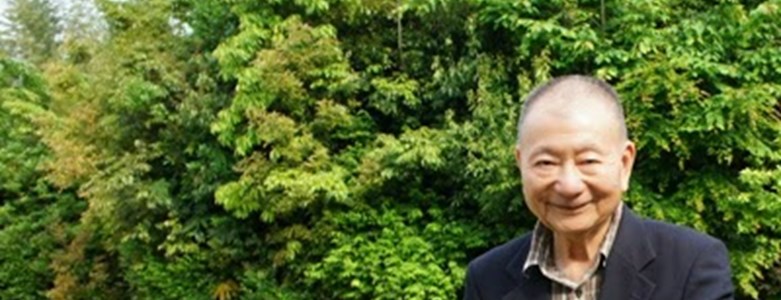Innovative Japanese tree planting method to be introduced in Norfolk

Date published: 2nd February 2022
Miyawaki Forests will be planted in several Norfolk locations, with three in North Norfolk.
North Norfolk District Council will be planting three miniature urban forests in Fakenham, North Walsham and Sheringham using a Japanese planting method. Forests will also be established in Hellesdon and Sprowston.
The planting is part of the UK Government's Shared Outcomes Fund - Trees Outside Woodlands project, funded by Defra and running in partnership with Norfolk County Council, Natural England and The Tree Council.
A Miyawaki Forest applies a planting technique that can quickly establish an urban forest ecosystem and have been suggested to be the ‘secret weapon against climate change.’
Named after the Japanese botanist Dr Akira Miyawaki, the method involves careful soil preparation and densely planting a range of native woodland plants that are beneficial to wildlife on an area usually around the size of a tennis court.
- Trees in a Miyawaki forest grow up to ten times faster than trees planted in conventional woodland planting schemes at around one metre per year.
- Miyawaki forests absorb more carbon than conventional woodland schemes because they grow more quickly and are densely planted.
- Native trees, such as those planted in a Miyawaki forest, can support significantly more wildlife than non-native species.
Cllr. Nigel Lloyd, NNDC's Portfolio Holder for Environmental Services, Climate Change & Environment said:
"These small urban forests are an innovative way of improving local bio-diversity by creating new eco-systems in small pockets of land. The fast-growing nature of this tree planting method will mean that people will see the benefits within only a few years.
"In bringing this concept to some of our green spaces, we create new amenity value for our residents whilst helping to combat climate change. I hope people enjoy them. If you have a small piece of land in North Norfolk that you wish to develop into a micro forest, please contact our tree planting team on treeplantingproject@north-norfolk.gov.uk."
Cllr Andy Grant, Norfolk County Council Cabinet Member for Environment and Waste, said: “It’s wonderful to be working together with local councils to get this exciting scheme off the ground. This is a carbon cutting and forward-looking scheme as trees in Miyawaki forests tend to grow faster and absorb more carbon than conventional woodlands.
"Two thousand six hundred trees are set to be planted in this project which will help us find better ways to get more trees growing and surviving within the urban environment.”
The planting at each project site will be split in to two, with one half planted using the Miyawaki Method and the other half planted using a typical woodland creation method; some of the sites will be fenced where necessary to protect the trees.
Annie Sommazzi, NNDC Climate & Environmental Policy Manager said: “The Miyawaki Method has been developed specifically for small pockets of land in urban environments. Existing Miyawaki Forests have proven to be incredibly effective at delivering big results for both local communities and local wildlife.
"By applying a combination of the Miyawaki approach, and a typical woodland creation scheme, the progress of these new urban forests can be closely monitored and will hopefully pave the way for this method extending both in North Norfolk, and across other local authorities”
Regular monitoring will survey plant health, biodiversity and other indicators – including use by the local community.
Similar Miyawaki forest sites with normal planting next to them are being established in Kent, Cornwall and Chichester.
Leaflets will be sent to local residents in North Walsham, Fakenham and Sheringham and Interpretation Boards will be installed at the sites.
Find out more about Miyawaki forests.
Last updated: 12th April 2023
